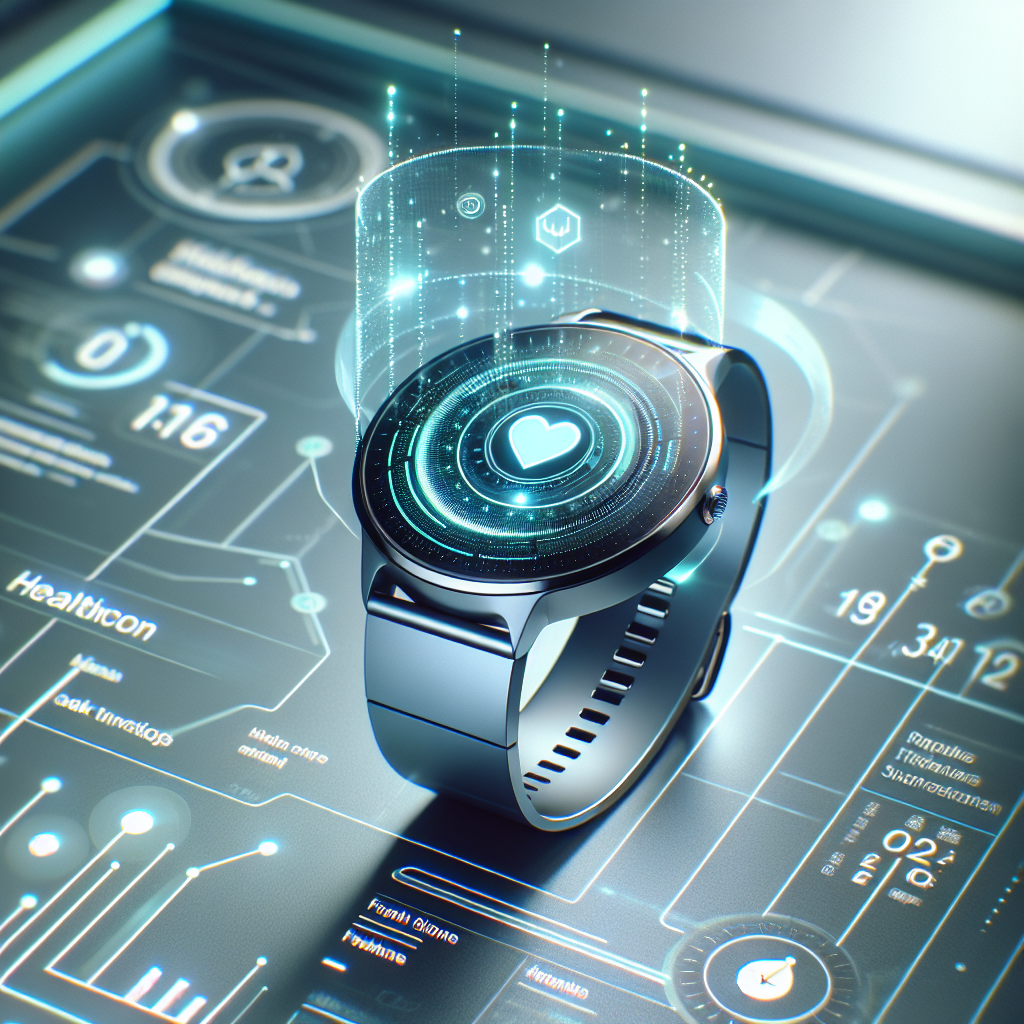Introduction to Wearable Health Technology
Wearable health technology has become a fixture in modern life, offering new ways to monitor and manage personal health. From smartwatches that track heart rates and sleep patterns to sophisticated devices that monitor blood sugar levels, the future of wearable health tech is rapidly evolving. This article explores current trends, potential future developments, and the overall impact of these technologies on healthcare.
Current Trends in Wearable Health Tech
Today’s wearable devices are highly focused on preventive healthcare. They track a vast array of health metrics, including steps taken, calories burned, heart rate, and even stress levels. Companies like Fitbit and Apple have pioneered technologies that not only track physical activity but also provide notifications to encourage healthier habits. Furthermore, emerging devices are now capable of monitoring more complex health conditions. For instance, the latest Apple Watch can perform an electrocardiogram (ECG) and detect atrial fibrillation, a significant heart rhythm abnormality.
Technological Advancements Driving the Sector
The future of wearable health tech will likely see a significant influence from advancements in sensor technology and artificial intelligence (AI). Improved sensors could allow for more accurate and comprehensive health monitoring, while AI could help in interpreting complex health data to provide actionable insights. Companies are also exploring the integration of nanotechnology to create even smaller, more efficient devices.
AI and Machine Learning
Artificial intelligence and machine learning are set to transform how wearable devices interpret data. By learning from vast datasets, these technologies can provide personalized health insights and predict potential health issues before they become serious, offering a proactive approach to healthcare.
Impact on Healthcare Industry
The integration of wearable technology in healthcare systems is poised to enhance diagnostic processes and healthcare delivery. Wearables could significantly reduce the need for routine physical check-ups, as continuous monitoring can provide a more accurate representation of an individual’s health over time. This shift could lead to more personalized and timely healthcare, potentially decreasing hospital visits and healthcare costs.
Challenges and Considerations
Despite the promising advancements, the future of wearable health tech faces several challenges. Privacy and security of health data are major concerns, as these devices collect sensitive personal information continuously. Regulatory challenges also play a significant role, as governments and institutions need to establish guidelines that ensure the safety and efficacy of these technologies.
The Road Ahead for Wearable Health Tech
Looking forward, the potential for wearable health technology to integrate with other forms of personal technology holds promise for an even more interconnected approach to personal health management. Imagine a scenario where your wearable device not only tracks your health data but also communicates with your smart home to adjust the environment for optimal health benefits, such as lighting that adapts to improve your sleep or air filters that adjust based on your respiratory health readings.
Moreover, as technology advances, the cost of producing these wearables is likely to decrease, making them more accessible to a broader segment of the population, which could lead to widespread changes in how populations engage with their health on a daily basis.
Conclusion
The future of wearable health tech promises a more health-conscious society where individuals are equipped with the tools they need to manage their health proactively. As we continue to navigate this evolving landscape, it remains essential for technology developers, healthcare providers, and regulators to work together to ensure that the advancements in wearable health tech genuinely benefit public health and individual well-being.
As wearable health tech continues to evolve, it may well redefine our approach to healthcare, making it more personalized, accessible, and preventive.


